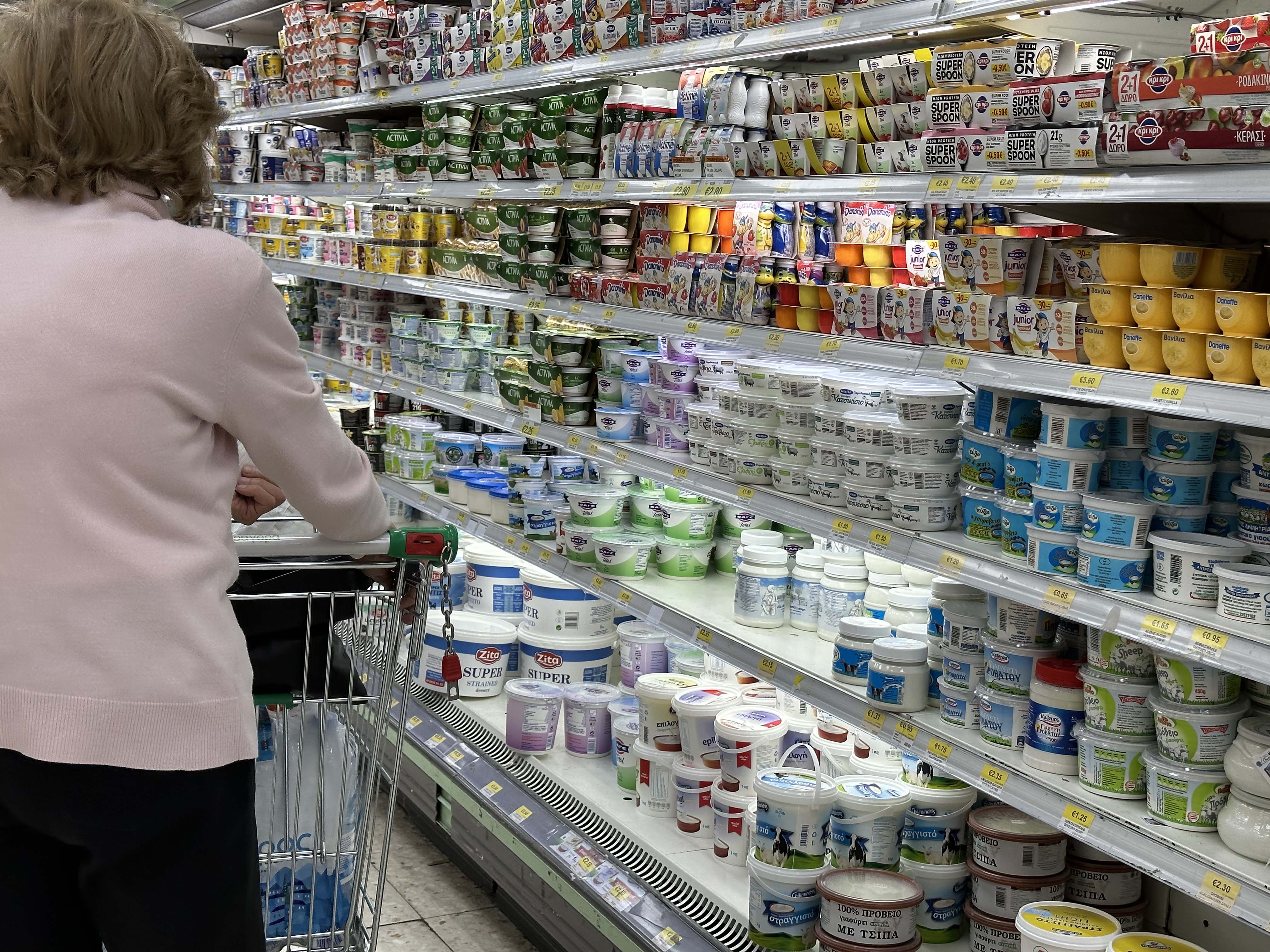The cabinet approved the proposal for the creation of a digital platform, known as the e-kalathi (e-basket), that would list prices of 300 consumer goods in different supermarkets in April. The idea was to inform people during this period of high prices what was being charged for similar products in different shops, with the main emphasis being on food, baby items and household products. This would enable people to buy the most competitively priced goods.
Five months after the decision was taken, the House commerce committee discussed the relevant bill on Tuesday, and it transpired that few wanted its approval. Some astonishing comments were made against the bill, committee president and Disy deputy Kyriacos Hadjiyiannis claiming the e-kalathi was “a firework” and the government was “the stupidest in Europe” as it pursued policies that increased inflation rather than reducing it.
Disy deputies were opposed to the bill, while the deputies of Akel, which is constantly protesting about expensiveness, expressed reservations as the measure could lead to “conditions of unfair competition.” Apart from the reservations and objections of Akel and Disy deputies, the representatives of suppliers, supermarkets and small shops all expressed opposition to the bill.
The representative of one association asked whether the consumer would benefit more, or businesses would be hurt more. One representing small shops said the platform would be free advertising for big supermarkets, while the supermarkets association claimed the platform would deal a huge blow to small supermarkets.
Only Diko deputy Chrysis Pantelides recognised the benefits of the e-kalathi for consumers, saying it was “a tool of transparency and information for consumers that would contribute to the development of healthy competition as it would facilitate price comparisons of products.”
It is astonishing that Disy deputies cannot see this and have such a limited understanding of economics they do not understand that price information is an essential part of real competition. Is Disy now opposed to competition because the government is promoting the price comparison tool?
Concerns expressed about small supermarkets should not have been brought up. Nobody has the right to block a tool that would help hundreds of thousands of consumers save money because it might hurt a few dozen supermarkets. The reality is that widely available information on prices would force many shops to lower prices to keep, or attract new, customers. Would this not benefit consumers?
Head of the Consumer Protection Service Constantinos Karagiorgis told the committee that a survey on prices showed a consumer could save up to €50 on 44 products. Surely this should be the only thing that matters to the political parties that like to pose as protectors of the people. In the case of the e-kalathi, most appear to have sided with the supermarkets that do not want consumers to have access to price information, which is the quintessence of market competition.
It is scandalous that deputies are protecting the interests of a few supermarkets and completely ignoring the interests of the thousands struggling to make ends meet.






Click here to change your cookie preferences